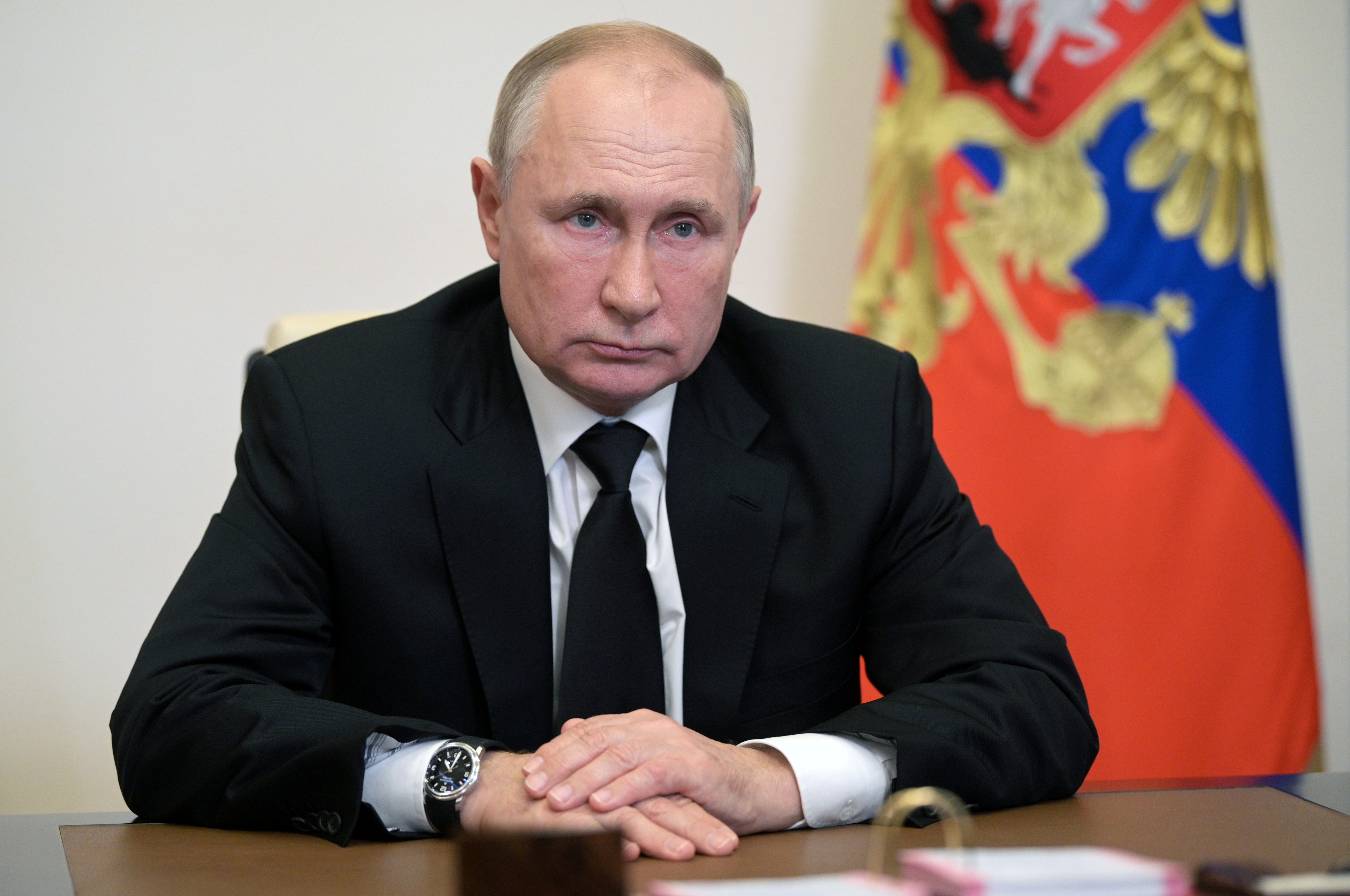Analysis: Taking on Moscow over Skripal so close to the elections could prove a risky strategy for the UK
Moscow is adept at turning the tables when it is confronted, and, in the Skripal case, the UK’s moves could still be used to the Kremlin’s advantage domestically, writes Oliver Carroll


On Tuesday, the Kremlin was once again all over the front pages of international editions.
In the morning, the European Court of Human Rights linked Russian agents to the 2006 assassination of former spy Alexander Litvinenko. A few hours later, Scotland Yard announced it was charging Russian intelligence agent Denis Sergeev, earlier identified by the investigative outlet Bellingcat, over the 2018 Novichok poisoning of Sergei Skripal and his daughter Yulia.
In Russia, however, the headlines were far more subdued. Part of the reason for that is the tamed nature of the local media. But it’s also because over the years, Moscow has developed a cynical, yet sophisticated, formula for dealing with bad news days.
The front-footed approach usually begins by dismissing “baseless allegations” as Russophobic conspiracies. It then looks for ambiguity in complicated stories. And failing all that, it reaches for sarcasm, mockery, and the boomerang.
When accused of hybrid war, Moscow reliably responds “you too,” dismissing, for example, investigators Bellingcat as “agents” of the British (or Dutch, or American) state. When linked to electoral interference in the US, it says Google and Apple are trying to influence Russian elections. And it then uses the argument to force them to curb to their censorship demands.
So it’s no surprise that when the new charges were announced on Tuesday, Russia’s immediate response was to coolly turn the tables on her accusers.
The foreign ministry’s spokesperson Maria Zakharova said it was Britain that had violated international law. They had, after all, “outrageously” refused consular access to two unnamed “Russian citizens”. Assuming the citizens she refers to are the Skripals, in hiding after surviving the nerve agent attack, it isn’t hard to understand why they might not be seeking such access.
On the allegation of failing to cooperate with UK police inquiries, Ms Zakharova said it was Russia that was pushing for the truth and an open investigation. “We are awaiting exhaustive information on the affair from the UK,” she said. The decision from Europe’s top human rights court on Litvinenko was meanwhile “an attempt to cultivate Russophobia”.
Over at the State Duma, deputy Yelena Panina, a prominent member of the foreign affairs committee, said the allegations were part of a carefully coordinated attack on Russian sovereignty. The Skripal affair had become a “systemic” tool to “discredit” Russian elections, she said.
“It was used as a provocation just before the March 2018 presidential elections, when Theresa May raised the degree of confrontation [against Russia].”
There are, of course, more grounded ways of looking at the timeline of the Salisbury events. Not least by posing a question as to why a former spy would have been attacked – with the likelihood of collateral damage in a foreign state – during an election week.
Some, indeed, have suggested that the operation and massive backlash helped the Kremlin shore up an image of Russia as a besieged fortress just before the vote.
That context makes the decision by London to announce they are charging a new suspect in the immediate aftermath of Duma elections appear to be a touch provocative. There is no obvious reason why it needed to be done this week. The identity of Denis Sergeev has, after all, long been in the public domain.
It may well be that London believes the best way of confronting Moscow is to play them at their own game. If so, that would be a shame. The ramifications of both the Litvinenko and Skripal cases are too serious to be mixed up with petty tricks.
Join our commenting forum
Join thought-provoking conversations, follow other Independent readers and see their replies
Comments


Bookmark popover
Removed from bookmarks